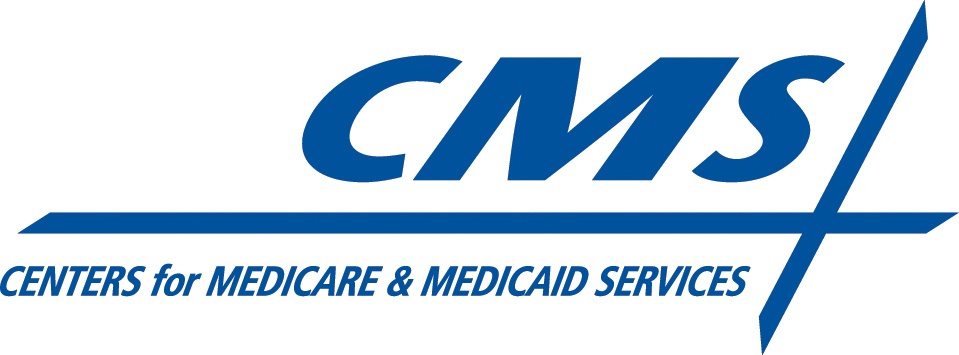
ACOs and other new acronyms have swamped the minds of physicians and healthcarebusiness people alike since the terms were coined. The still new healthcare reform law continues to worry many and challenge others to figure out ways to play the game and win. While we scurry around chasing the regs and the new words and government agencies, while politics keeps moving the ball and shaping the healthcare agenda, the most central issues in healthcare cost/quality debate are not even discussed. It’s as though policy makers and business is saying “Hey, if we keep throwing new regulations at them, maybe they’ll stop asking really tough questions we can’t answer.”
Back in the 80s, the state of Oregon enacted Medicaid reform that took the breath right out of the rest of the country. Remember? The idea that a state would not list ALL medical services to ALL Medicaid patients was considered to be cruel and impolitic at the time. And the national debate about (1) whether healthcare is a right of American citizens, and if so (2) what healthcare services are “in” and which are “out” has grown virtually silent.
Instead, it seems we have entered the area of political intransigence. It appears that getting and staying in political office requires as little change as possible. So, very little seems to be accomplished or even discussed.
So what are the “elephants in the room?” They are the issues of “how much” and “patient accountability.” Though it appears that the issue of whether we Americans are entitled to receive healthcare has been skirted, we are clearly missing any discussion on the issue of how much services. Oregon hit the issue head on, but nationally there appears to be no movement or even discussion of the issue. We don’t know who should get what. We just know we want to reduce the costs (ration).
Virtually every effort to reduce costs so far has involved the use of managed care organizations. The Florida Medicaid program pilot project that began in Broward County in 2006 has produced two clear results—reduced expenditures and huge criticism that managed care has reduced costs solely by reducing access and care itself. Managed care has become the “black hat” that politics won’t pick up. It’s ok for managed care to restrict access and care because it reduces costs, but it is politically impossible to directly address the issue of “how much.” We rely on managed care to do it for us, due to our political inability to tackle the issue, then blame the payers for their (wink wink) bad behavior. If managed care is profiting, it is only because they don’t mind profiting from our unwillingness to take responsibility for the issues they deal with on a daily basis—saying “no.”
The second elephant is the issue of patient accountability. There is none! What is the consequence of patient bad behavior? What consequence is there for refusal to exercise, quit smoking, etc.? None. We pay more. There isn’t a single provision in any federal law that punishes us for making expensive healthcare decisions or that rewards us for making cost saving healthcare decisions.
I liken it to having teenagers. Expectations with no consequences yields a predictable result of no change in behavior. Simple.
These are huge issues to tackle. So many different kinds of people, agendas and ways of seeing the issues. So, we don’t even try. Instead, we “hire” managed care to bear the burden of our failure to address and answer these issues. And we throw complex ideas like metrics and healthcare reform into the market, which only serves to distract us from addressing the root causes of our healthcare challenges.






